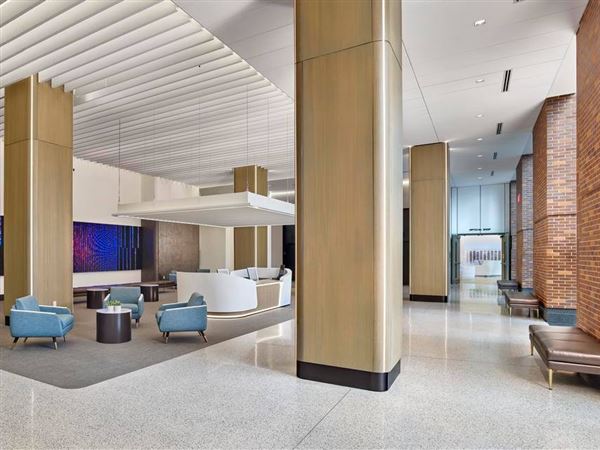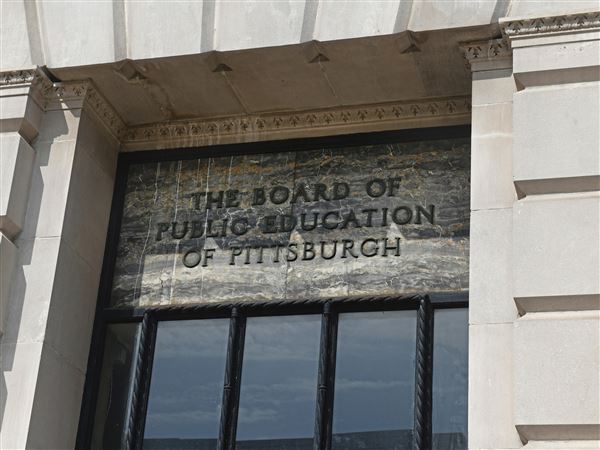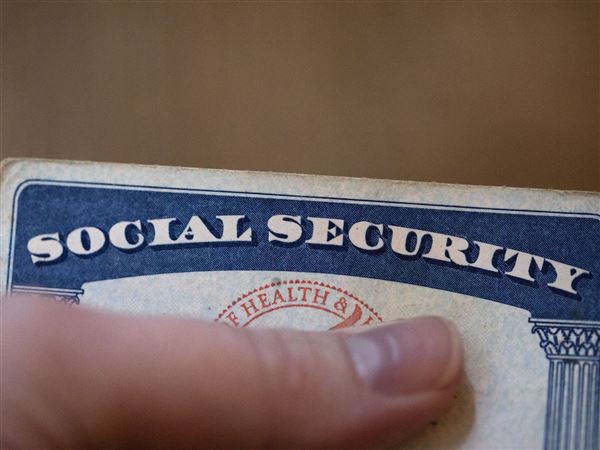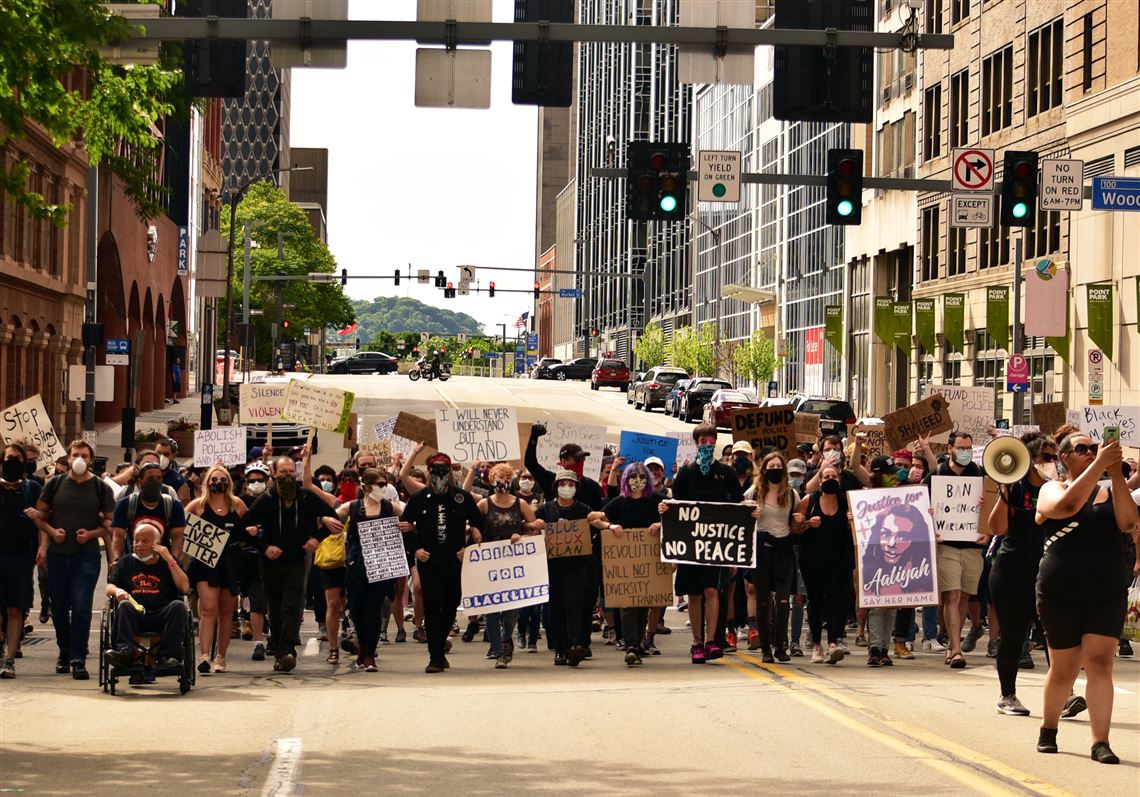Police killings of Black Americans have sparked conversations about racial justice and inclusion in many aspects of daily life, including theater.
In June, theatermakers of color put out a public letter, “We See You White American Theater,” charging institutional racism and demanding action in casting, compensation, access, financial support and other areas.
Pittsburgh’s theater community responded in different ways. City Theatre organized weekly meetings for three months to address, line by line, the demands in the public letter and publicly acknowledged the need to prioritize equity.
“There’s been a real reckoning since the summer around race and racism in the American theater and in the arts in general,” said James McNeel, City Theatre’s executive director. “Obviously, no one wants COVID to have happened, but because we had this time and this document, it’s afforded us a great opportunity to truly transform the organization and hopefully other organizations in Pittsburgh will as well to be more equitable in the future.”
Marya Sea Kaminski, artistic director for Pittsburgh Public Theater, said she, too, was grateful for the time and space the pandemic afforded to seriously reflect on its audiences. She said the Public’s educational programs and student matinees have reached more students than ever before because of easier access to digital programming. But it’s just the start, she said.
“Thinking about how we can sincerely connect with communities of color, young audiences, with audiences who have historically grappled with access, I am excited to use every tool that comes our way,” Ms. Kaminski said. “I don't think digital programming will be the answer to those questions. I think those questions will lie at every level of our organization and in all the ways we see our mission.”
Alumni Theater Company’s focus is on providing creative outlets for Black teens to grow as artists and performers. During the pandemic, Executive Director Hallie Donner said she learned how meaningful the program was for students and in staying connected with mentors.
“I think that it’s important to say the work of the kids, as young Black artists ... is extremely important. It always has been,” Ms. Donner said. “And during this time of racial reckoning that’s going on, they have really appreciated the opportunity to continue to create the work that’s important to them.”
Stewart Urist, executive director of Quantum Theatre, said he wanted these difficult conversations to continue “outside of these dire survival circumstances” to support voices focusing on racial progress.
“I hope that’s a way the conversation moves forward after the pandemic, that we don’t just go back to normal, that we look for what better looks like as well,” he said.
Mr. Urist and other theater officials said they all face uncertainty about the future of audience participation and the survival of live theater after the pandemic subsides.
“I think that’s the point of most apprehension now,” he said. “Does everybody still want to come out? We’re ready to produce some exciting shows. We have some good things cooking, but we need people to come out and participate in the cultural life of the city.”
At City Theatre, Mr. McNeel called for more financial support, noting that widespread vaccination appears to be months away. He noted the Save Our Stages legislation, a bill that recently passed with bipartisan support and provides $15 billion in relief to cultural institutions.
He noted that local audiences stepped up donations and participated in non-traditional theater events during a year of firsts.
“We’re incredibly appreciative of them,” Mr. McNeel said. “They’re the reason we do this work. Without them, there would be nothing to see. I feel folks have really recognized how we’ve had to pivot and innovate over these last nine months.”
Tyler Dague: tdague@post-gazette.com.
First Published: December 31, 2020, 12:00 p.m.

















